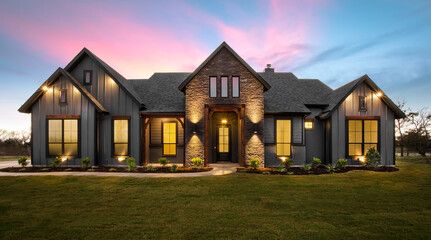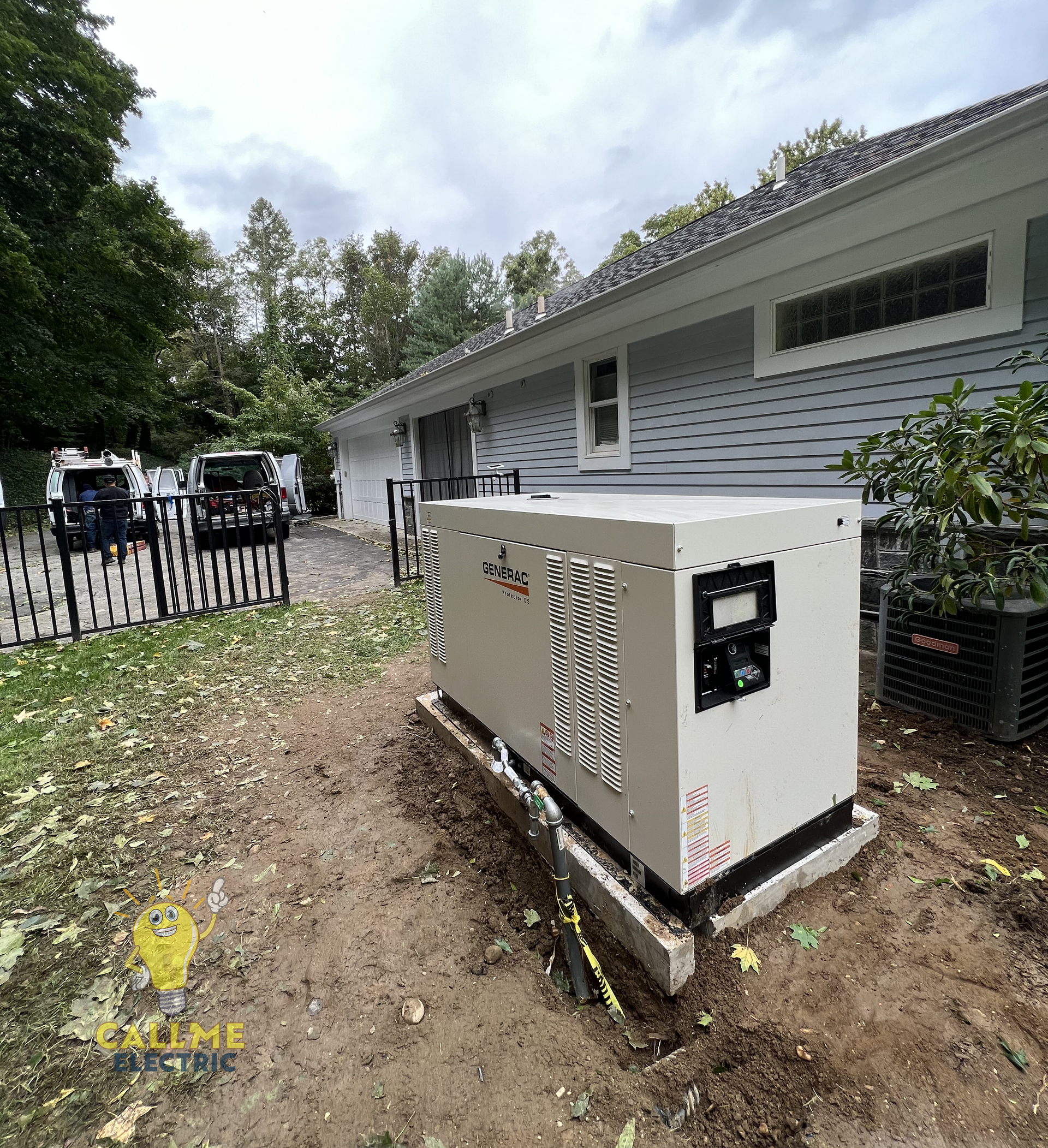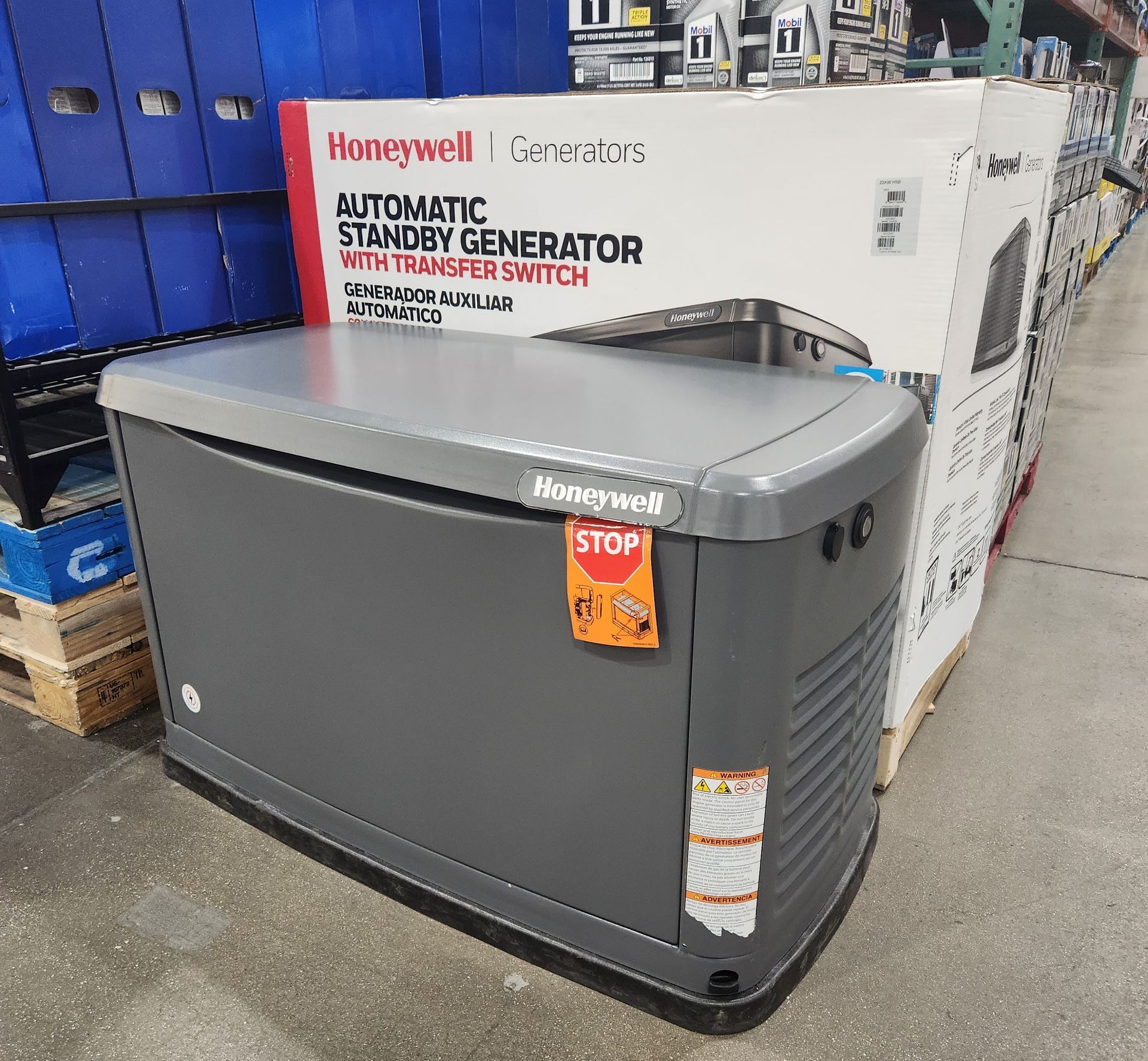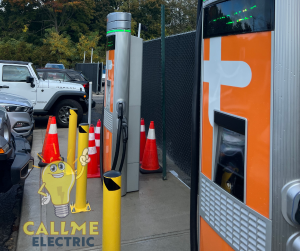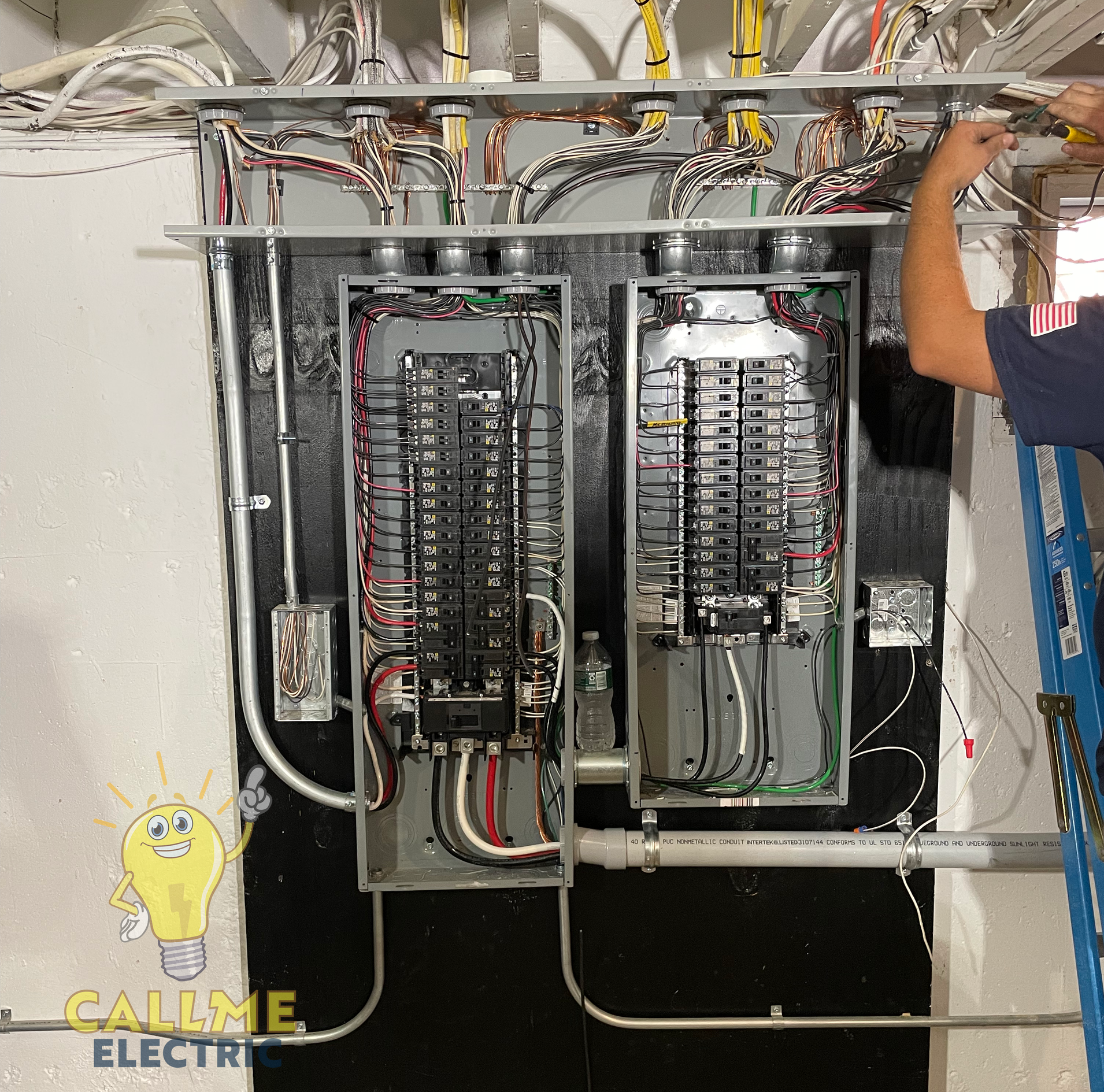Portable Generator vs. Standby Generator - Which to Choose?
When the power goes out, will you be ready? As bad weather becomes only more common, it's important to research the different generator options out there and which one will best fit your electrical needs.
In general, there are two kinds of generator systems you can consider: Portable Generators and Standby Generators. Here's a quick overview of each system and how to choose between them.
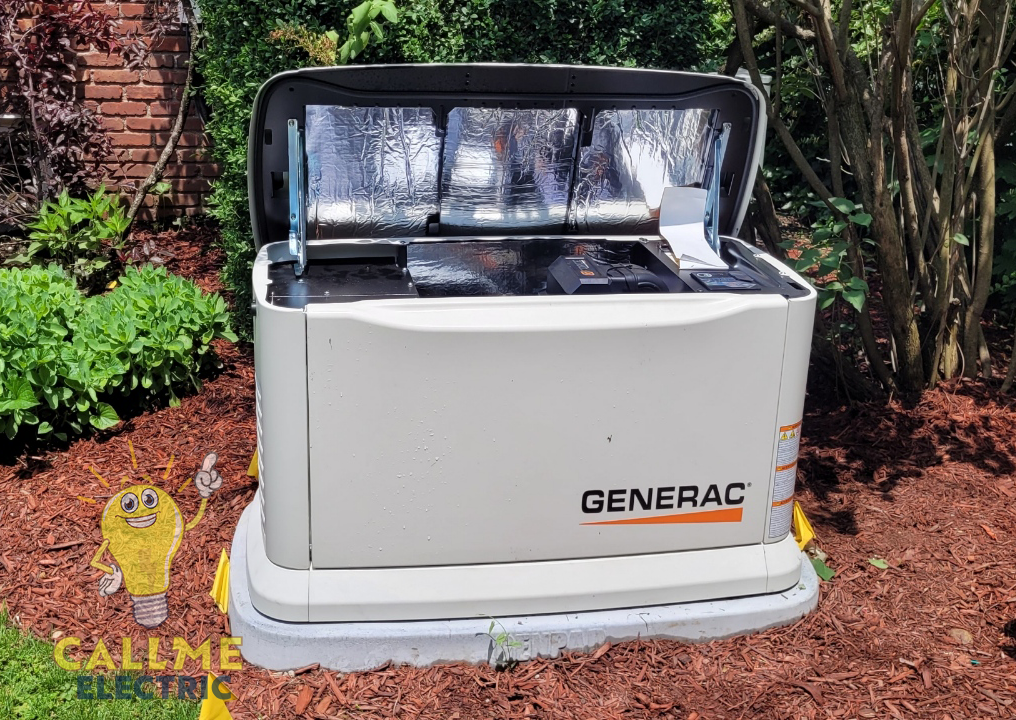
Portable Generators
When you think of generators, your first thought probably comes to the kind that come on wheels. You might have seen one at an outdoor event, on a campsite, or even powering your favorite food truck! Here are some fast facts about portable generators:
- As the name implies, portable generators are typically found on wheels, or are small enough to be luggable from one place to the next.
- This flexibility means you can store them when not in use or bring them to different locations, but also means a potentially small tank size (low running time).
- Portable generators come in a wide variety of capacities and sizes in terms of wattage and tank capacity.
- Portable generators are manually operated. If there's a power outage, you'll need to set up the generator, start it, and then switch your home's load over to the portable generator. You'll have to manually switch back when power is restored too.
- These generators almost always run on gasoline, though some also run on diesel or other portable fuel, such as propane tanks.
- Typically the generators will need to cool down for some time in between refueling.
- Smaller portable generators may only provide 120v power, meaning they can't be connected into your home's service panel.
Standby Generators
Have you ever seen a hospital or fire station still have power during a blackout? Typically these facilities have their own standby generators, which are connected to the building's electrical grid and are always prepared for a potential outage with minimal disruption to the building. Here's some fast facts about them:
- Standby generators are fixed and stay in the same location. They're wired directly into the building's power grid and have special electronics to detect when the grid goes down. When this happens the generator starts right up on its own.
- While large standby systems will use large diesel tanks, almost all homeowner standby generators will run on gas fuel from a natural gas line or propane tank on your property.
- Since standby systems use large storage tanks or utility gas lines, they can run for days at a time with little involvement from the homeowner.
- While standby generators come in a variety of sizes, they typically start at much larger sizes than portable generators.
What's the best generator choice for my needs?
Choosing a generator system that best fits yours needs comes down to a few key factors:
Convenience
By far, we believe convenience is the most important factor to consider when choosing a generator system. If the power goes out during a windy thunderstorm, do you want the power to immediately come back, or do you want to spend half an hour wheeling out a generator, checking the oil, starting the system, and then manually switching over your appliances? The convenience of a standby system is incredible, and often the inconvenience of a portable generator will deter you from using it except during the worst outages, costing a lot of comfort for your family.
Capacity
After convenience, you should consider the capacity needs for a home generator system. Are you just trying to run a few essential appliances, or do you want all of your creature comforts eve while the grid is down? Standby generators offer much larger wattages, from 8, to 16, and to 40 or more kilowatt-hours of power! This can handle homes of any size, and even complex power systems such as hot tubs, hvac systems, and electric ovens.
If you're not sure what kind of capacity you'll need, feel free to use our generator load calculator!
Portability
If you care about bringing your generator with you on your next camping trip that you also have for a rare power outage, then you'll almost always want a portable generator system. Standby systems are fixed to a concrete slab and must use fuel sources located on your property, whereas portable generators have flexible fuel options and can be carried or wheeled to your next location.
Cost
Of course, a budget is an important part of any home electrical project. If you have significant budget concerns, a portable system will be far more inexpensive and require only an interlock system to switch over your service panel. However, standby systems provide a lot for the investment, notably in their convenience, durability, and capacity.
Choosing a reliable installer
Whether you're looking for portable generators or standby generators, our team at
Call Me Electric can help you with your next project. We're been around for nearly 40 years and we're very familiar with the end-to-end process of installing standby generators. If you want to use a portable system, then let us help you install a safe and reliable interlock system instead!
Contact us and find out how we can brighten your home!
Share this post
